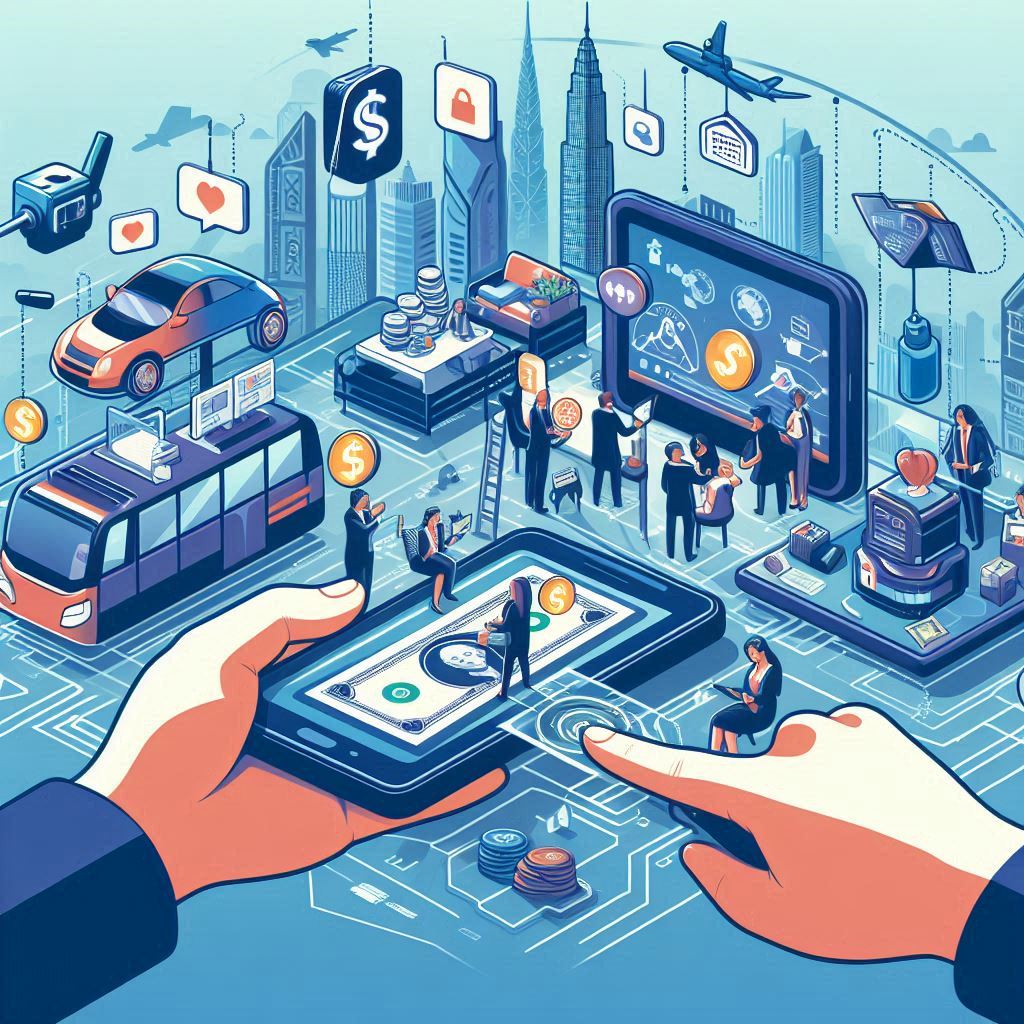
Introduction
In today’s fast-paced world, customer experience has become the cornerstone of business success. With the advent of digital technologies, companies are constantly seeking innovative ways to enhance the customer journey. One such innovation is mobile payment technologies, which have revolutionized the way we conduct transactions. But how exactly do these technologies enhance customer experience? Let’s dive in and explore. https://payneteasy.com/

Evolution of Mobile Payment Technologies
Early Payment Methods
Cash and Cheques
Before the digital age, cash and cheques were the primary means of transaction. While reliable, they were often cumbersome and time-consuming.
Credit and Debit Cards
The introduction of credit and debit cards brought a significant shift, offering convenience and quicker transactions. However, these too had limitations, particularly concerning security and fraud.
Introduction of Mobile Payments
Mobile Banking
Mobile banking paved the way for mobile payments, allowing users to manage their finances from their smartphones. This was a game-changer, but it was just the beginning.
Contactless Payments
Contactless payments, facilitated by NFC (Near Field Communication) technology, further streamlined transactions, making them faster and more secure.
Key Features of Mobile Payment Technologies
Security and Encryption
One of the standout features of mobile payments is their robust security. Advanced encryption and tokenization ensure that users’ data remains safe from fraudsters.
Convenience and Speed
Mobile payments offer unparalleled convenience. With just a few taps, customers can complete transactions without the need for physical cash or cards.
Integration with Loyalty Programs
Many mobile payment platforms integrate seamlessly with loyalty programs, offering personalized rewards and discounts to customers.
Popular Mobile Payment Platforms
Apple Pay
Apple Pay is renowned for its user-friendly interface and high security standards. It allows users to make payments using their Apple devices.
Google Wallet
Google Wallet offers a versatile platform for Android users, supporting a wide range of payment options and loyalty programs.
PayPal
PayPal, a pioneer in online payments, has expanded its services to mobile, providing a trusted and reliable payment solution.
Venmo
Venmo, popular among millennials, combines social media elements with payment services, making transactions fun and engaging.
Benefits of Mobile Payment Technologies for Businesses
Increased Sales
Mobile payments can significantly boost sales by providing a quick and easy checkout process, reducing cart abandonment rates.
Reduced Transaction Costs
Businesses can save on transaction fees with mobile payments, as they often come with lower costs compared to traditional payment methods.
Enhanced Data Analytics
Mobile payments generate valuable data that businesses can use to understand customer behavior and preferences, enabling more targeted marketing strategies.
Benefits of Mobile Payment Technologies for Customers
Streamlined Checkout Process
Customers enjoy a faster and more efficient checkout process, reducing wait times and enhancing their overall shopping experience.
Improved Security
With advanced security features, customers can feel confident that their financial information is protected from fraud.
Personalized Offers and Discounts
Mobile payment platforms often provide personalized offers and discounts, enhancing customer satisfaction and loyalty.

Challenges in Mobile Payment Adoption
Security Concerns
Despite the advanced security measures, some customers remain wary of potential security breaches and fraud.
Technological Barriers
Not all consumers have access to the latest smartphones or internet connectivity, which can hinder the adoption of mobile payment technologies.
Market Fragmentation
The plethora of mobile payment options can be overwhelming, leading to market fragmentation and confusion among consumers.
Future Trends in Mobile Payment Technologies
Biometric Authentication
The future of mobile payments lies in biometric authentication, such as fingerprint and facial recognition, which will further enhance security.
Blockchain Integration
Blockchain technology promises to revolutionize mobile payments by providing a decentralized and highly secure platform for transactions.
Expansion in Emerging Markets
As smartphone penetration increases, mobile payment technologies are set to expand rapidly in emerging markets, bringing financial inclusion to millions.
Case Studies
Starbucks Mobile App
Starbucks’ mobile app is a prime example of how mobile payment technologies can enhance customer experience. The app allows users to pay, earn rewards, and even order ahead, making the entire process seamless and convenient.
Alibaba’s Alipay
Alipay, one of the largest mobile payment platforms globally, offers a wide range of services, from payments to financial products, showcasing the versatility and potential of mobile payment technologies.
Conclusion
Mobile payment technologies have undeniably transformed the landscape of financial transactions. By offering enhanced security, convenience, and personalized experiences, they have significantly improved customer experience. As these technologies continue to evolve, we can expect even greater innovations that will further streamline and secure our financial interactions.

FAQs
- What are mobile payment technologies? Mobile payment technologies refer to digital payment methods that allow transactions to be conducted via mobile devices, such as smartphones and tablets.
- How do mobile payments enhance customer experience? Mobile payments enhance customer experience by providing a faster, more secure, and convenient way to complete transactions. They also offer personalized rewards and discounts.
- Are mobile payments secure? Yes, mobile payments are secure. They use advanced encryption, tokenization, and biometric authentication to protect users’ financial information.
- What are the most popular mobile payment apps? Some of the most popular mobile payment apps include Apple Pay, Google Wallet, PayPal, and Venmo.
- What is the future of mobile payment technologies? The future of mobile payment technologies lies in biometric authentication, blockchain integration, and expansion in emerging markets, which will further enhance security and accessibility.


